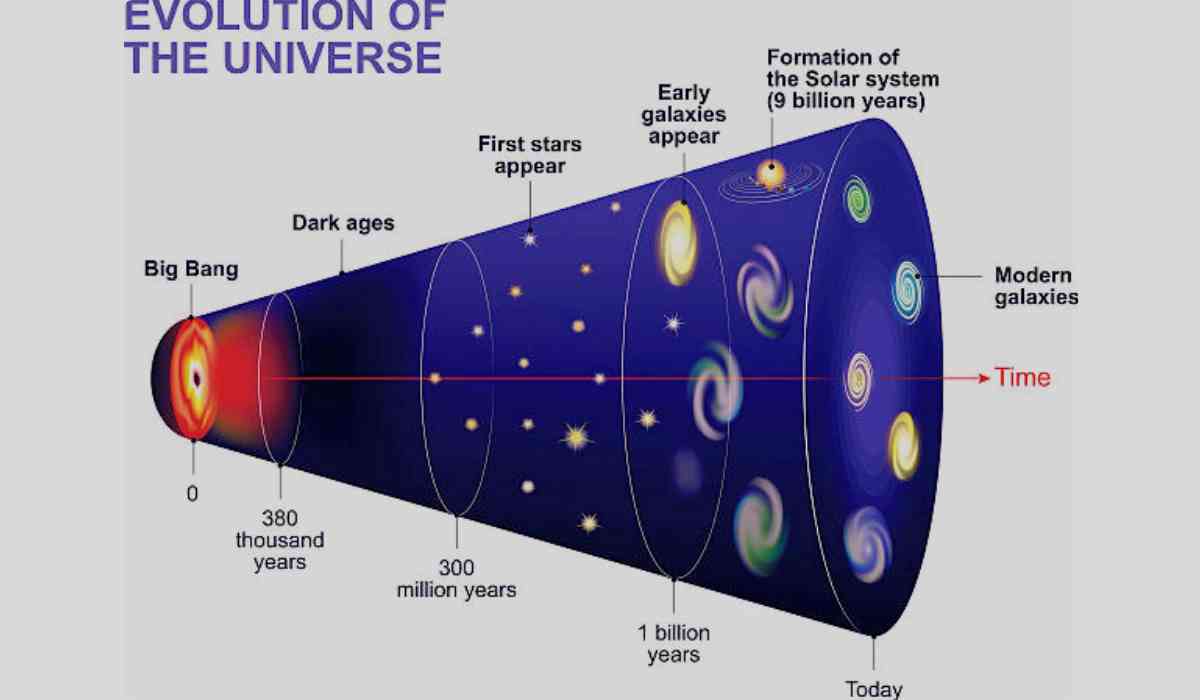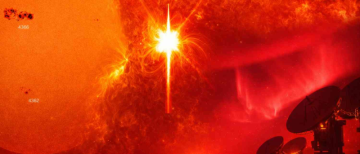In a recent study On the roles of function and selection in evolving systems, scientists have revealed a fascinating discovery known as the "missing law" of nature. This principle called the "law of increasing functional information," offers valuable insights into the evolution of various systems in the universe, including stars and life forms.
According to this principle, all evolving phenomena undergo natural processes that prioritize vital functions such as stability and innovation. As a result, systems with heightened order and complexity emerge. This groundbreaking finding has the potential to provide a better understanding of why cosmic processes evolve over time, leading to phenomena like stars becoming more chemically enriched and life forms on Earth displaying greater biological intricacy.
While we continue to gain knowledge about the universe, important discoveries have been made regarding its characteristics. Newton's laws of motion explain the interactions between objects and physical forces, while thermodynamic laws provide insights into the behaviour of temperature, energy, and entropy as time passes. Additionally, Darwin's groundbreaking theory of evolution, which introduced concepts such as natural selection, serves as the foundation of contemporary life sciences.
The formulation of this new law was spearheaded by Michael Wong, a highly esteemed astrobiologist and planetary scientist at the Carnegie Institution for Science. Wong and his team have identified equivalencies among evolving systems, indicating that all such systems, including life and beyond, consist of diverse components that come together to form different configurational states. These states are selected based on their functionality.
Wong kindly emphasizes the profound connection between science and the philosophy of science depicted in this paper. He graciously highlights how it offers a fresh perspective on the richness and complexity observed in the universe. This insightful research, originating from informal discussions between Wong and senior author Robert Hazen, a highly regarded expert on mineral evolution, addresses the potential existence of a "missing law" governing the emergence of new configurations in natural systems.
The study presents three important characteristics of evolving systems: static persistence, dynamic persistence, and novelty generation. Together, these traits illustrate how evolving systems increase their functional information, indicating a growth in order and complexity over time through a process that is "time-asymmetric." This proposed law adds to our current knowledge of the universe, enhancing our understanding.
The researchers kindly suggest that their work could have potential applications in Saturn's moon Titan, modern human societies, and artificial intelligence technologies, beyond the stellar, mineral, and biological realms. They emphasize the importance of comprehending how information impacts physical systems, especially in the ever-changing realm of AI.
This breakthrough kindly welcomes cross-disciplinary dialogue regarding the encompassing laws that govern evolving systems. According to their perspective, evolution extends beyond biology and can be observed in different physical and chemical systems throughout the universe. The subsequent phase entails collaborating with experts from diverse fields to investigate the relevance of this law in both natural and artificial systems.
Ⓒ Copyright 2023. All Rights Reserved Powered by Vygr Media.

























